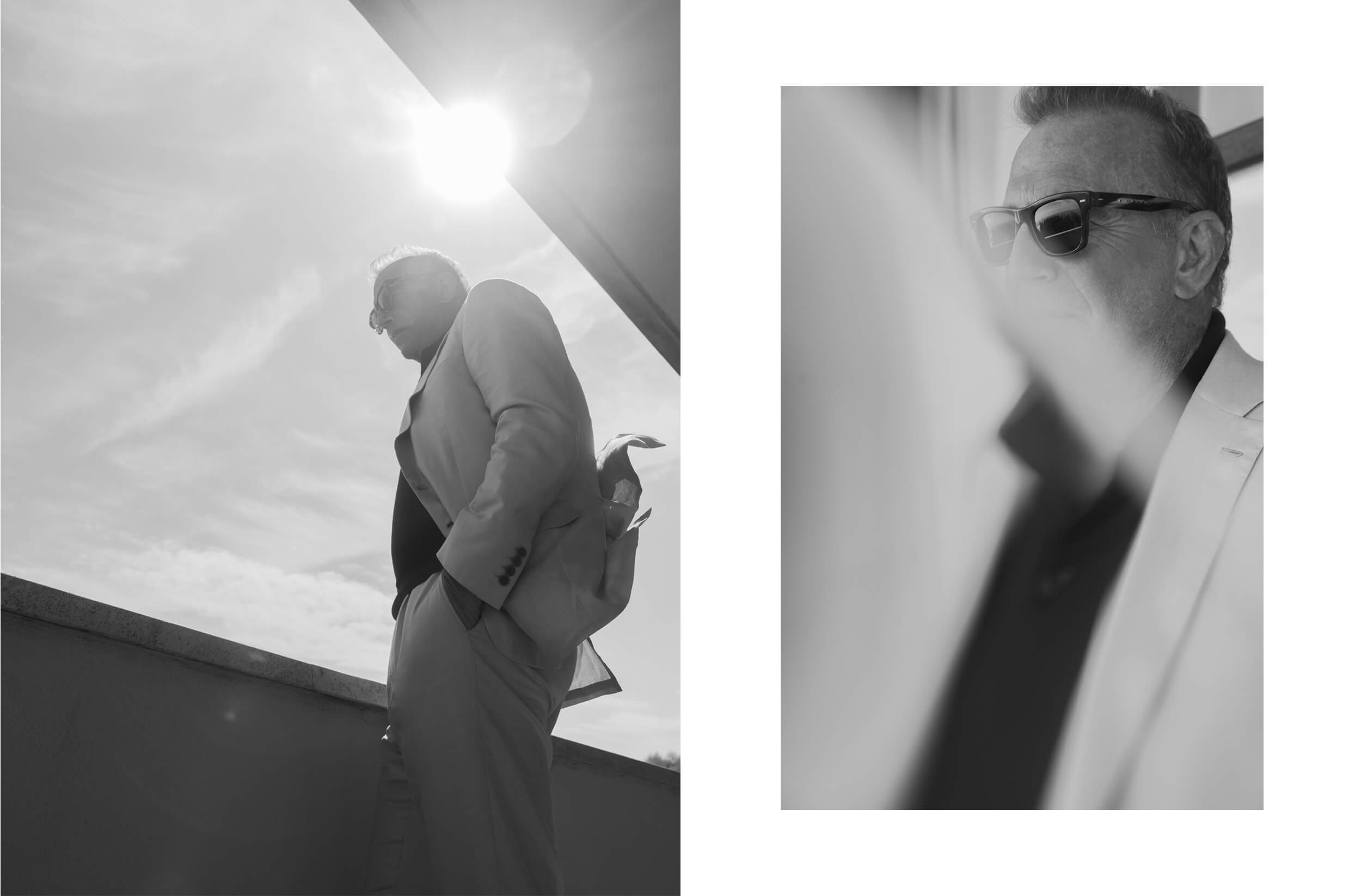The closer the day when I was supposed to interview Kevin Costner came, the more I realized that I wasn’t just excited because I would be interviewing one of the greatest actors of all time, but because I would be interviewing him about the project of his dreams—the film in which he is co-writer, producer, director, and actor: “Horizon – An America Saga”. A project he had wanted to do since the 1980s but which only found its path in recent years, proving that it’s really hard for Kevin to fall out of love with it.
With him, I talked about the importance of representation, the discoveries we continue to make about ourselves, and, above all, those things we do with just one variable: the heart.
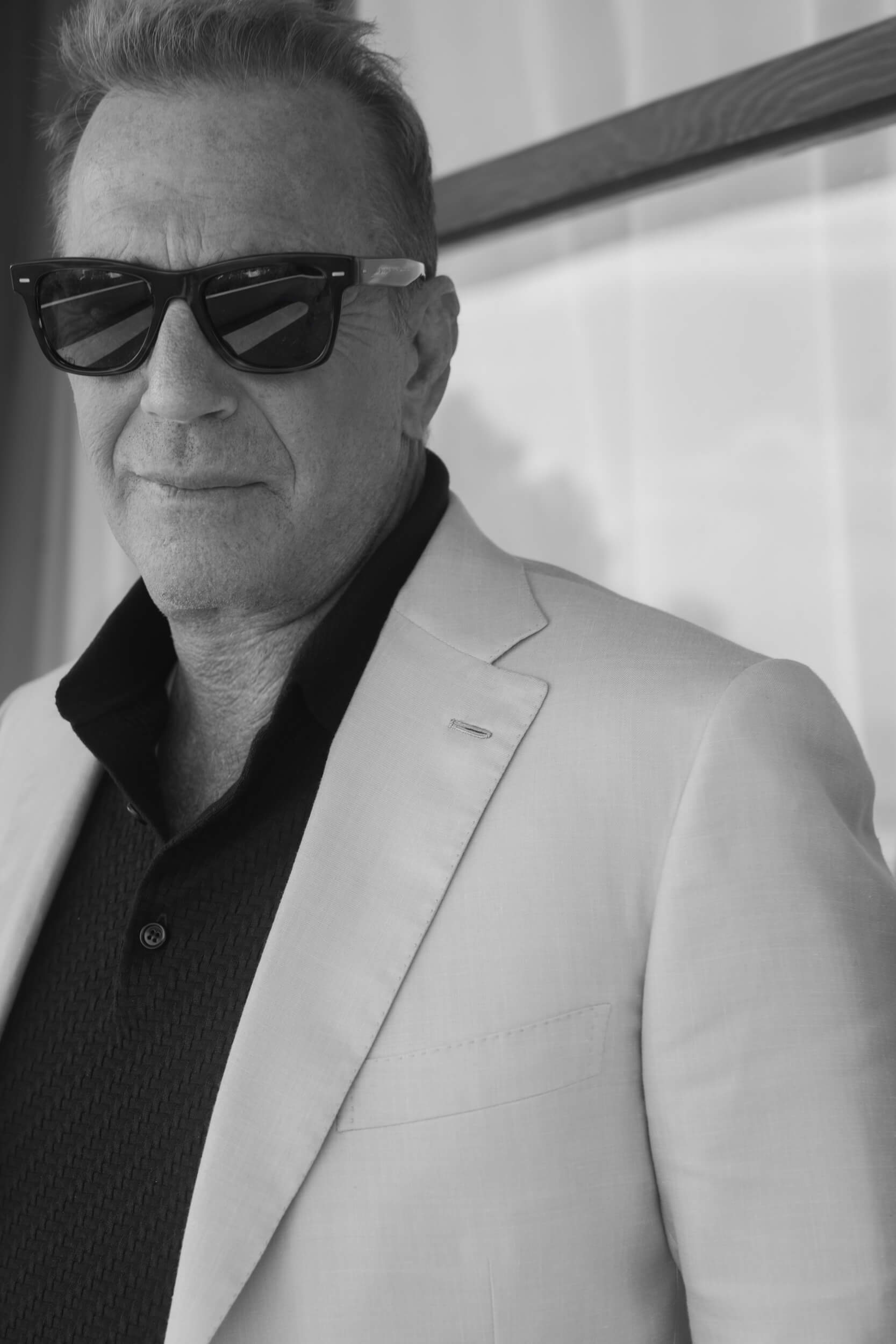
First of all, congratulations on “Horizon – An American Saga Chapter 2”, I really liked it, even more than the first one. I loved how it focused on the little things and at the same time, we are starting to see the true nature of the characters, who of course we’ll keep evolving in chapters 3 and 4. How did you work with your cast on the arch of their characters? Was there a conversation with them?
We did the work before I hired them and that was why they all signed up and actually liked how it was written – they liked what the arch was, and they could see how their characters were building in the scenes, in the worlds they were given. You know, sometimes people do movies where they don’t like the script and they try to fix it all during the making of the movie, but that’s not what happened here, we know what’s happening in the third chapter and we know what’s happening in the fourth.
Chapters 1 and 2 were exactly in the way they were supposed to be, and the actors have been really portraying it beautifully.
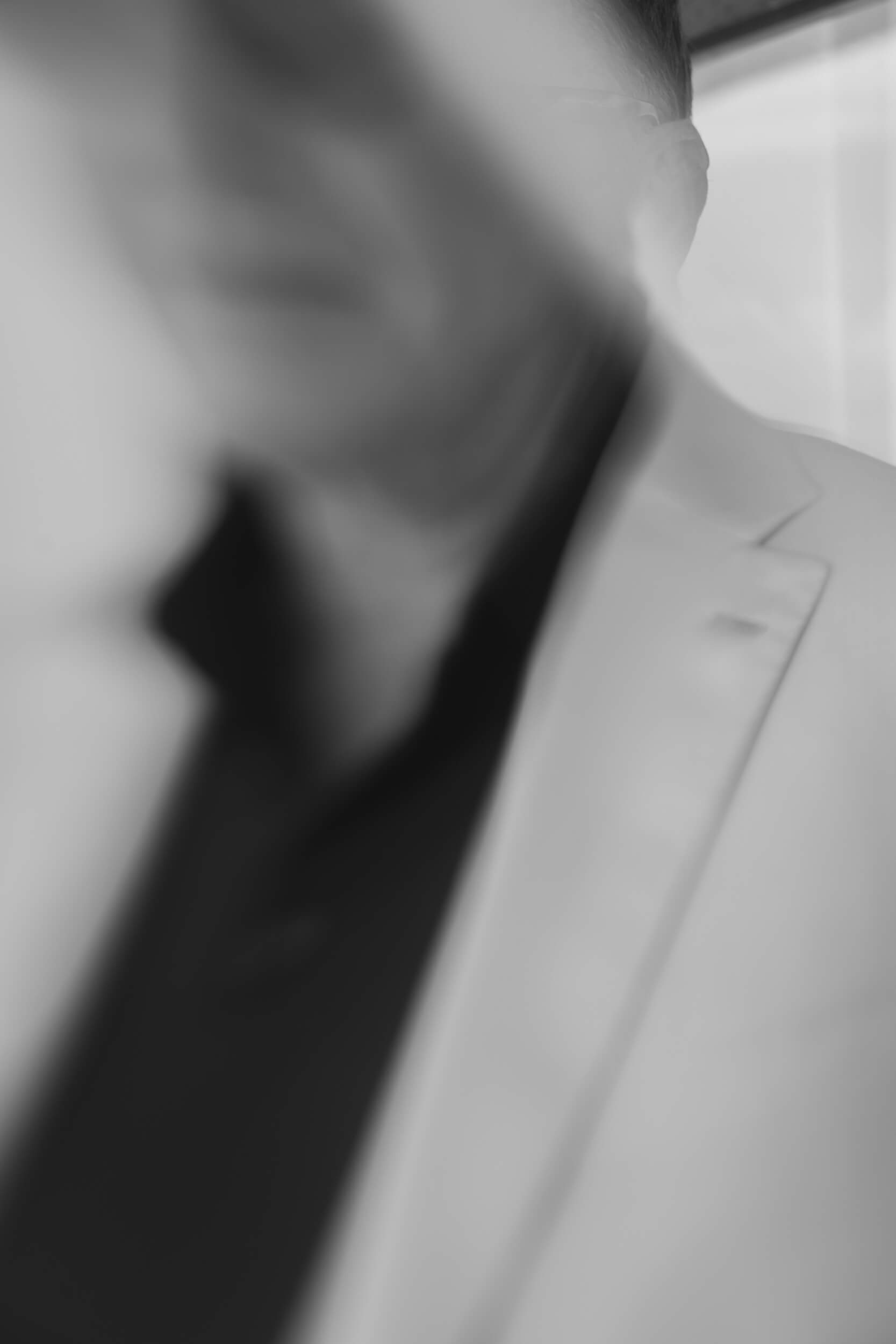
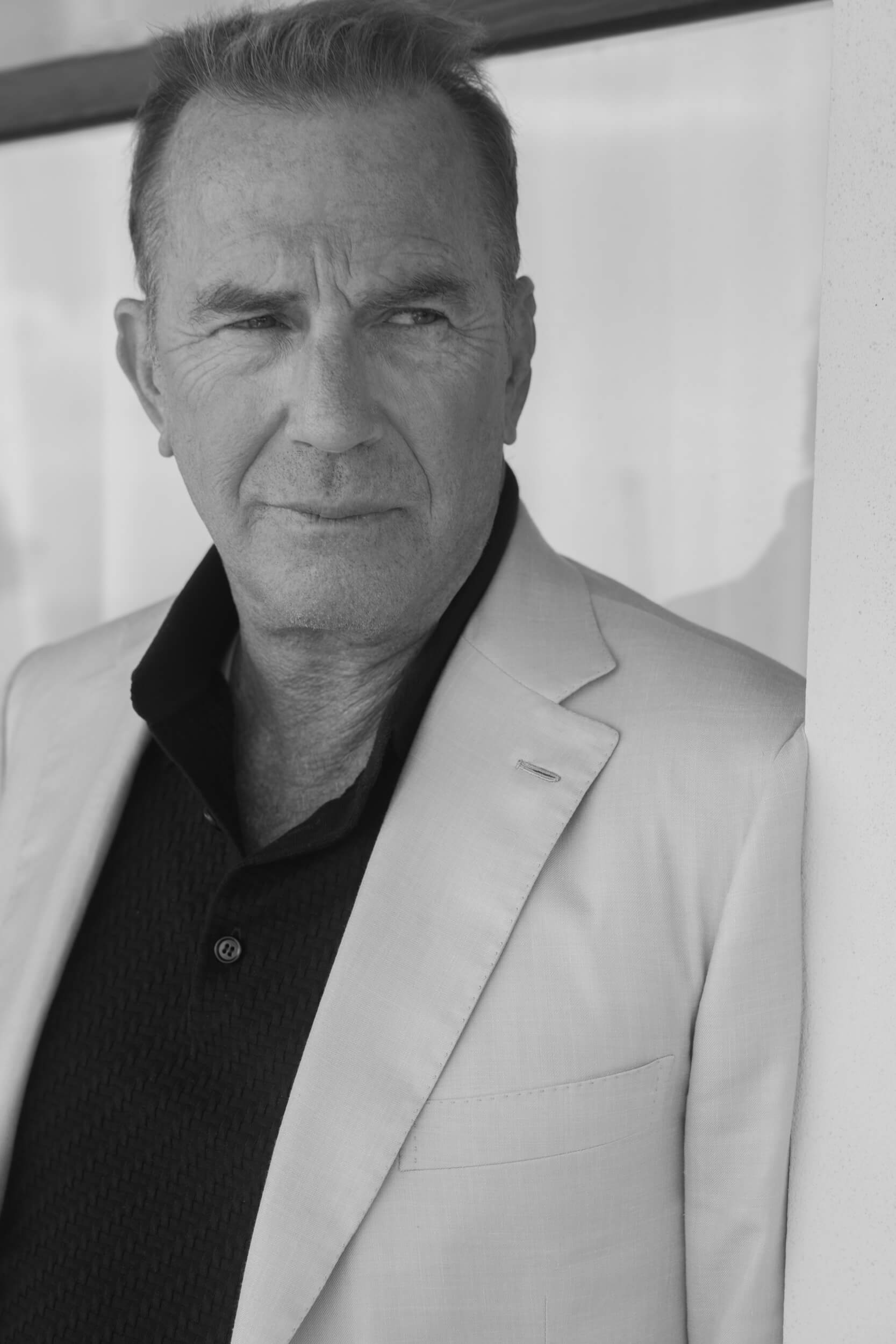
I think we can really see this, the change they go through, and so we get to be more and more emotional, at least for me. For example, the history of the character played by Ella Hunt really moved me and made me upset and feel all the feelings. Was there a scene in particular where you felt very emotional while shooting it?
I think any time a woman is being victimized is hard.
I tried to do it as gracefully without showing things – you don’t see any explicit scenes – but you realize what happens and it happens twice to her, although either time you don’t see anything.
I think that’s the beauty of it, you made an amazing choice because you didn’t have to show anything and at the same time it was very upsetting. I felt angry in those moments.
Yeah, and I wanted for the men to also almost feel that “Somebody has to do something”, but at first, they don’t because what you have to understand is that the people that were going West didn’t know each other. So, if you watch the first movie closely, you’ll see that they didn’t befriend people. They were doing odd things as a couple, and when something odd started to happen, people didn’t like them anyway. So, when something started to happen to her, one man tried to stick up for them, in the first one, but those other two men said “get outta of here”, and he did because he realized that if those two men kill him, his wife is not going to have a husband and his children a father.
In the West, there’s independence and we’re not going to mess with that, but we also know there comes a point in life where people rally together and there’s a tipping point, and those guys crossed that, and then all of a sudden, they were gone. It could have happened sooner, but I didn’t want it to happen sooner.
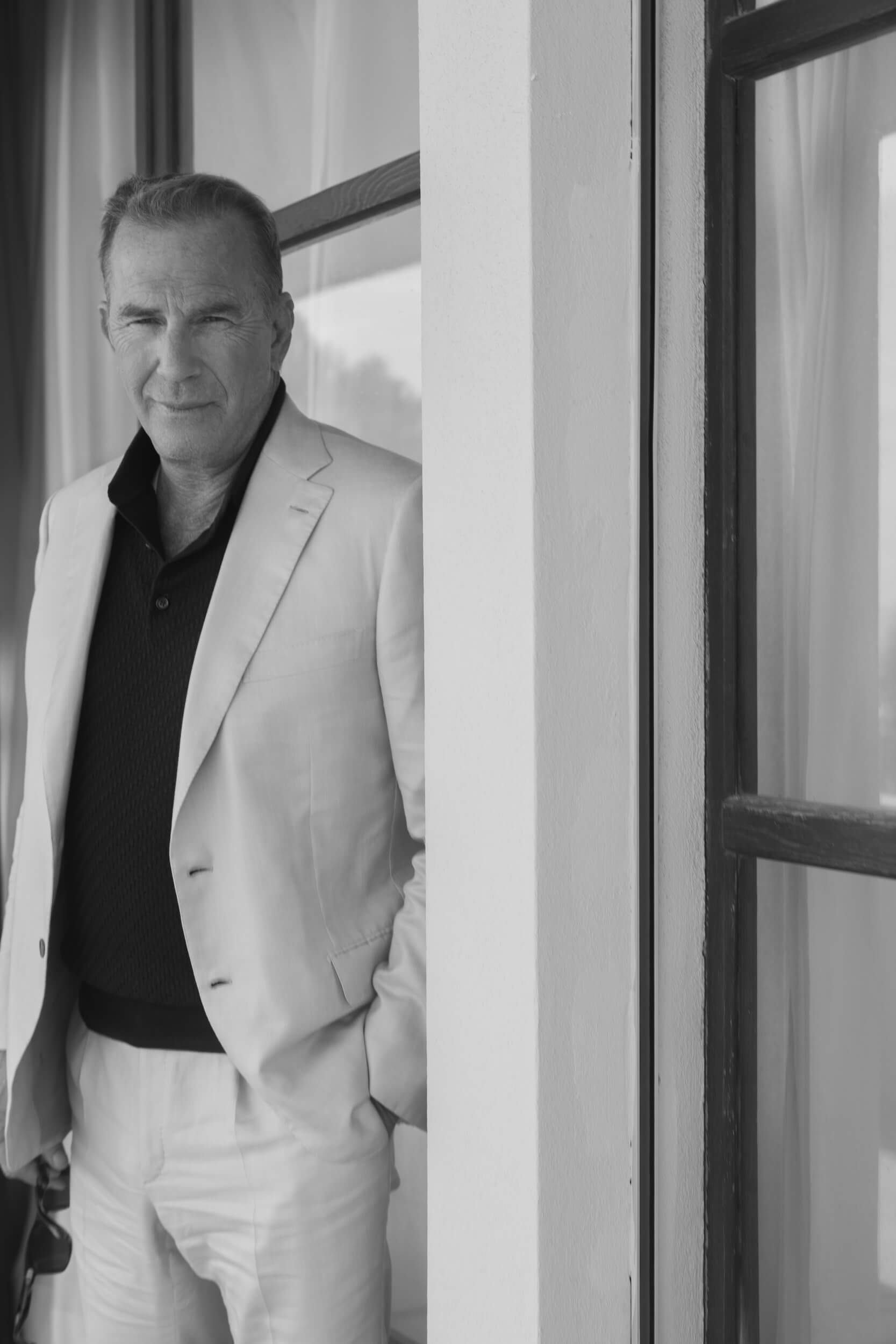
‘Somebody has to do something’
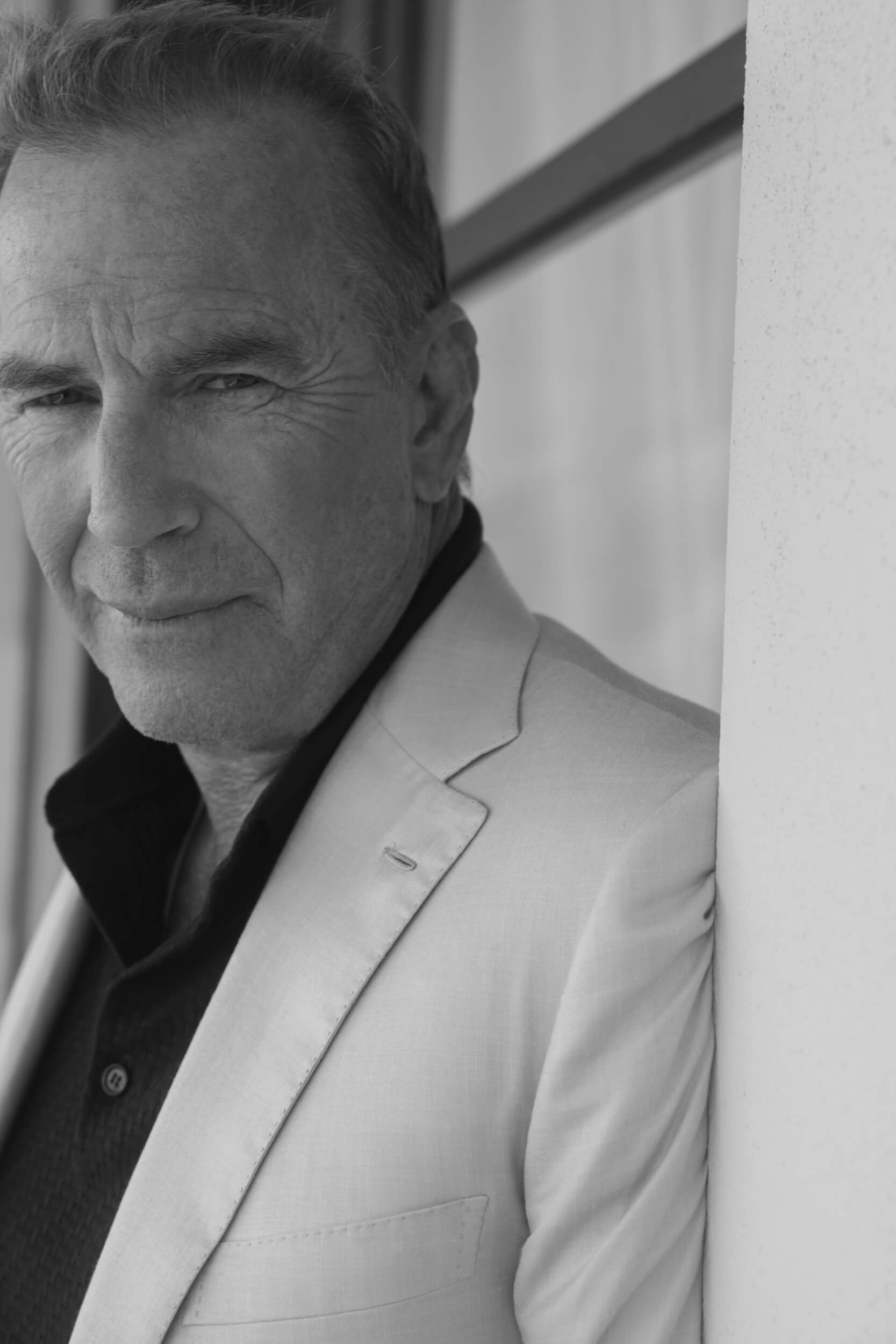
I think women are the real protagonists of the film: the women who hide, the women who try to make a new life for themselves. To me, it’s very refreshing because it’s probably the first time that women are so beautifully represented in a Western movie. How did you find inspiration to describe these women and what kind of research did you do to bring these characters on screen?
I didn’t have to do research to know that they were right in the middle of everything.
I did research where I read journals and things and understood what they were doing on a daily basis – it was hard. But I tried to portray the simple things as meaning something, like when she had a blindfold and then looked at this little house that they’d built, it’s a piece of shit on the dirt, but she loved it – it was done with care, it was built for her, and every woman in the world can feel that and I wanted this woman to feel that for every woman in the world, that she could touch the wall and feel emotion, flowers.
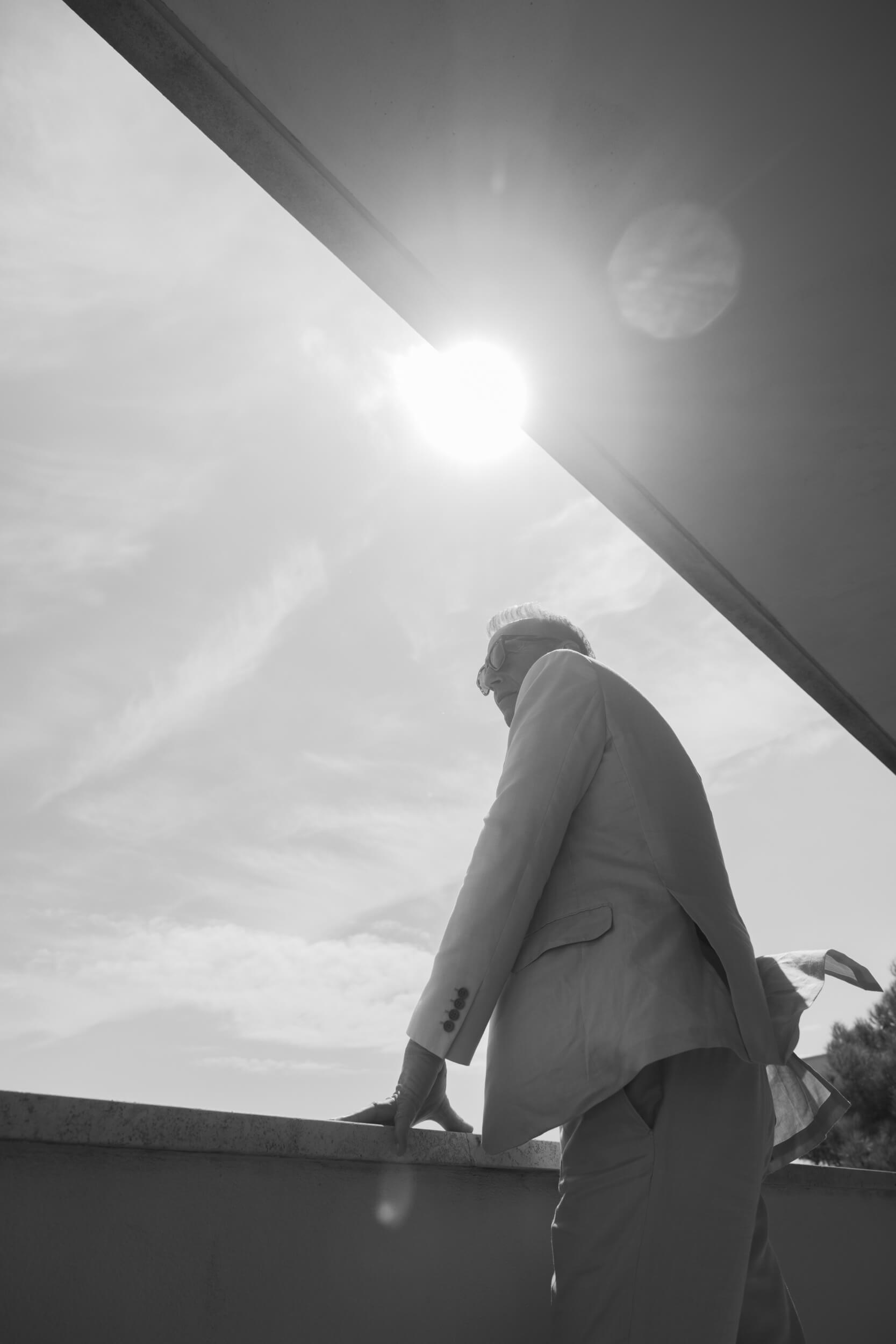
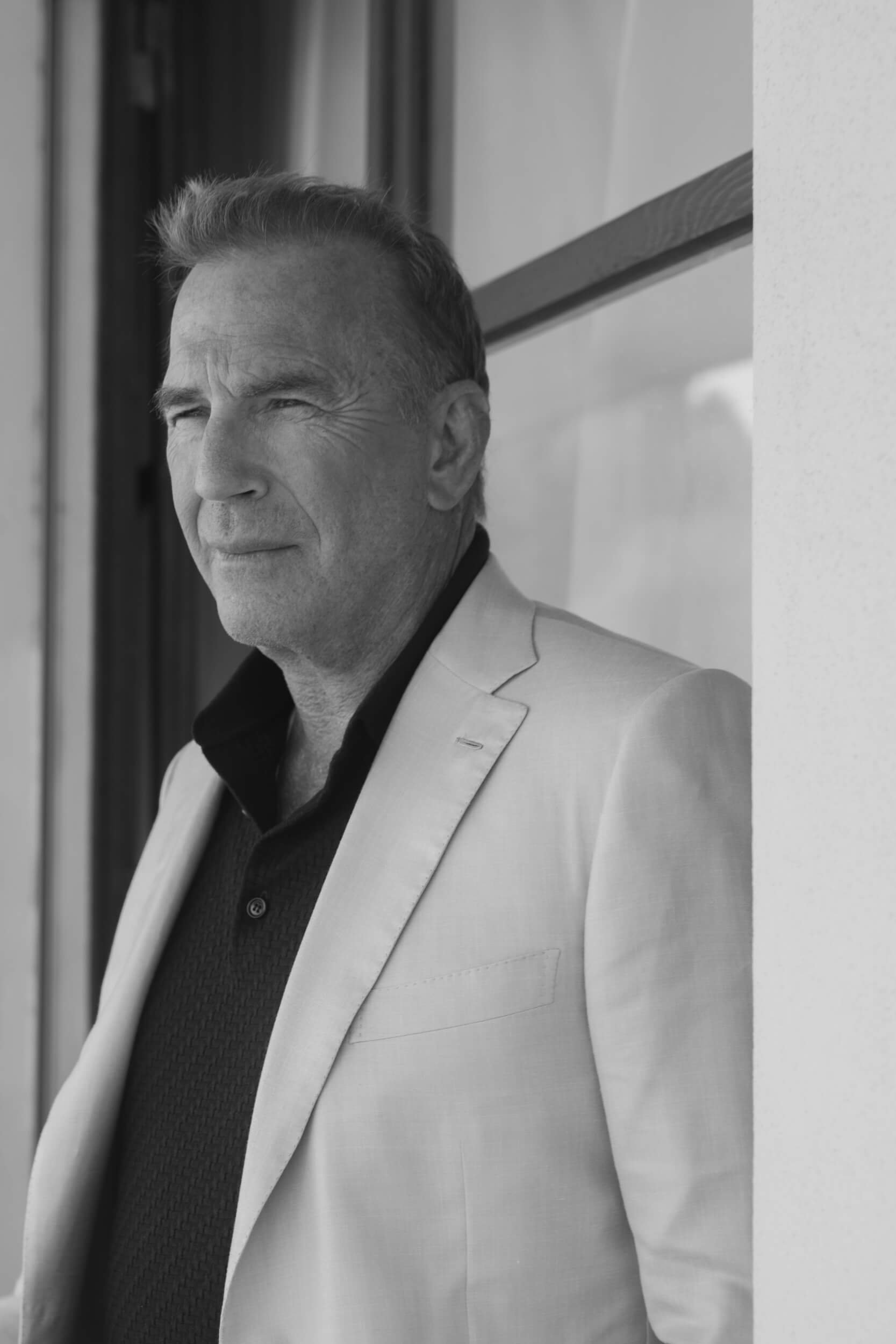
Yeah, it’s the little things that make this film, like I said. I liked it so much, I couldn’t stop watching it, for me it could have lasted one more hour. I can’t wait to see chapters 3 and 4.
At the beginning of the movie, we can hear: “God couldn’t find this place with a map”. What did he mean for you to put this quote in the movie? Why for you Horizon has been left alone by God, if there is one?
What he was saying was that we’re out there by ourselves, and if you want to fall in love with this woman, fall in love with her. The other woman lives on the East Coast, and he’s sticking to some code, and it turns out that woman doesn’t like him and they were never going to be together, but he’s holding on to this Victorian thing.
This one super Mexican fellow says: “What’s wrong with you?”. What he means by “God couldn’t find this place with a map” is, “Fucking wake up!”, right? I just changed the words! [laughs]
I think playing different characters and directing, you end up spending a lot of time with yourself, exploring your many sides, testing and getting to know yourself more and more. What’s the thing you’ve learned about yourself through “Horizon”?
That I can hold on to a role! I have to finish, I have to get across the river, I have to get across the desert, I have to get there, there’s no choice – I have to hold on, or no one will hold on.
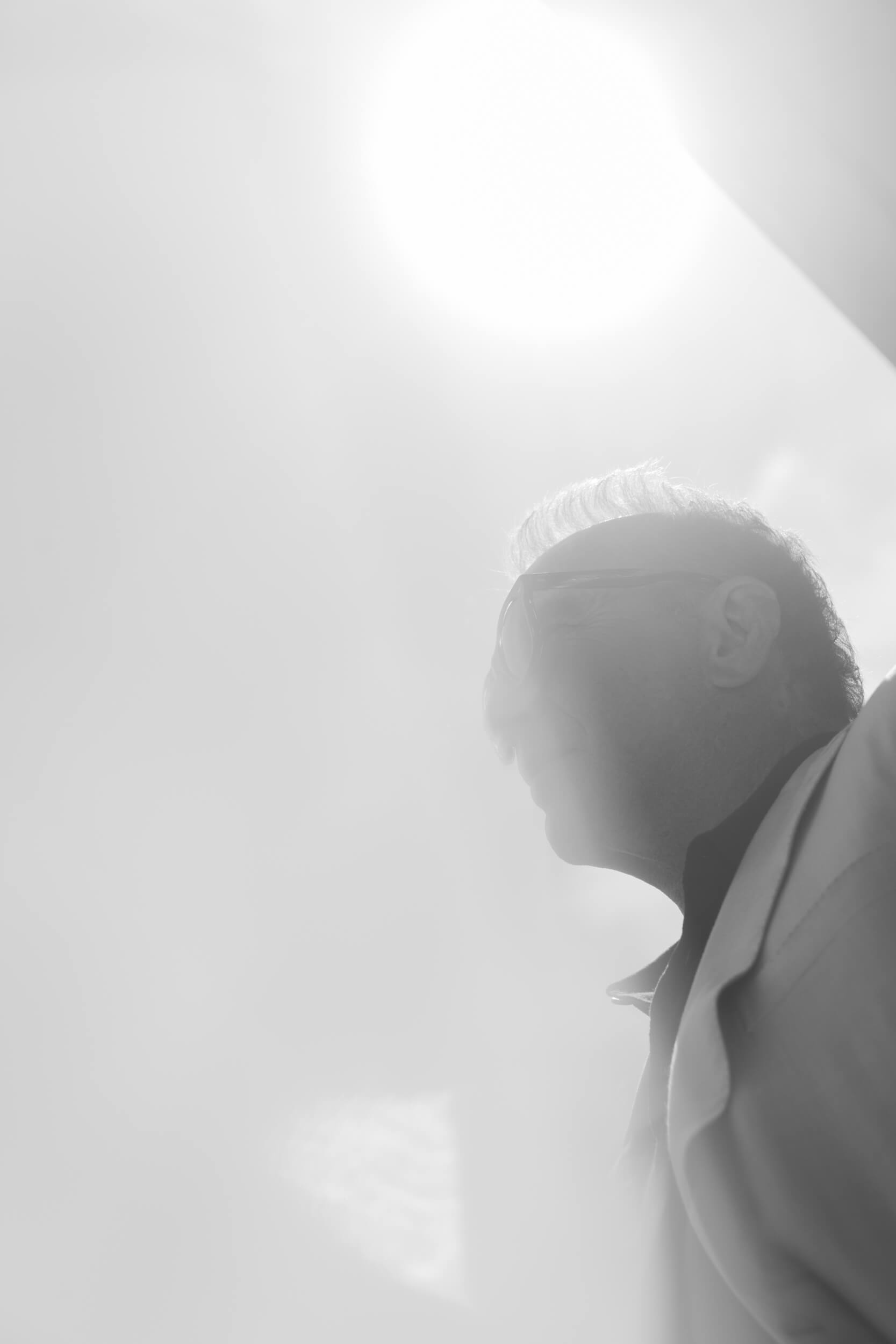
“I have to hold on, or no one will hold on.”
Yeah, and thank you for doing that.
Within the world of cinema, what does the world of Western mean to you? What do you think can still be told through this genre?
The Western genre is the American story: the people who left Europe, if they could survive a trip across the Ocean, got to this mythical place that was really the Garden of Eden, and there was no comparison between Europe and America – there wasn’t a single building, it was animals and 5 hundred Indian Nations and they didn’t share the same languages. It must have been startling the way we must have appeared to them, people who were just begging them to have something more than just a little thing, to look and go, “I can have all this?”.
I think our love affair with guns isn’t so much a love affair, it’s just that guns formed us, everything was formed with a gun in America in a 300/400-year process. We’ve been living the last 120 years without the need for guns, and guns have become a big problem in our country, but up until that point, we had to have them just to survive.
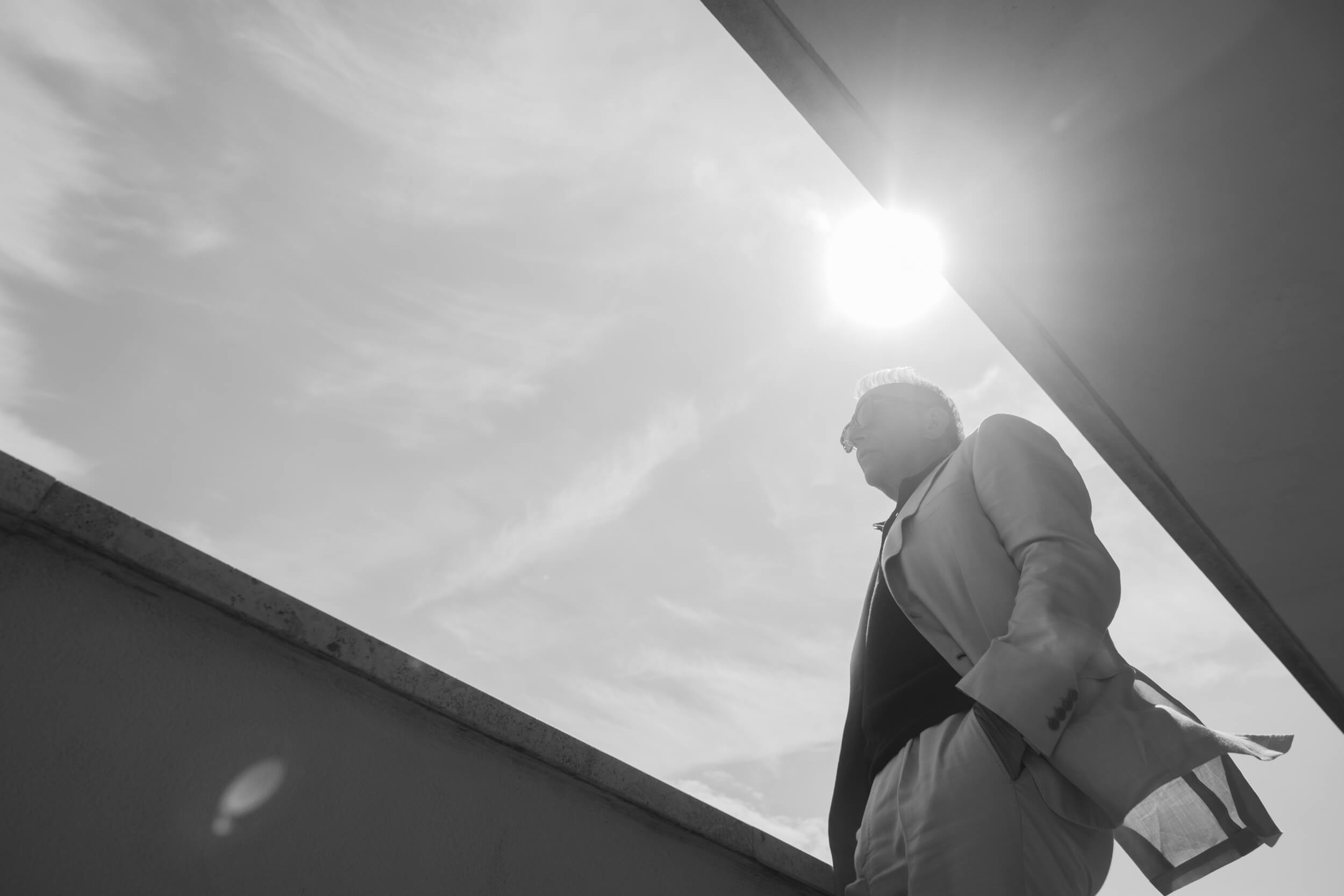
Once you said, “I like exploring the reality of people leaving a mark behind”. What’s the mark you hope to leave behind?
I don’t know what I made, but I know I left my heart in everything that has made me tell stories, and build things that my friends can enjoy. They’re all a part of my heart.
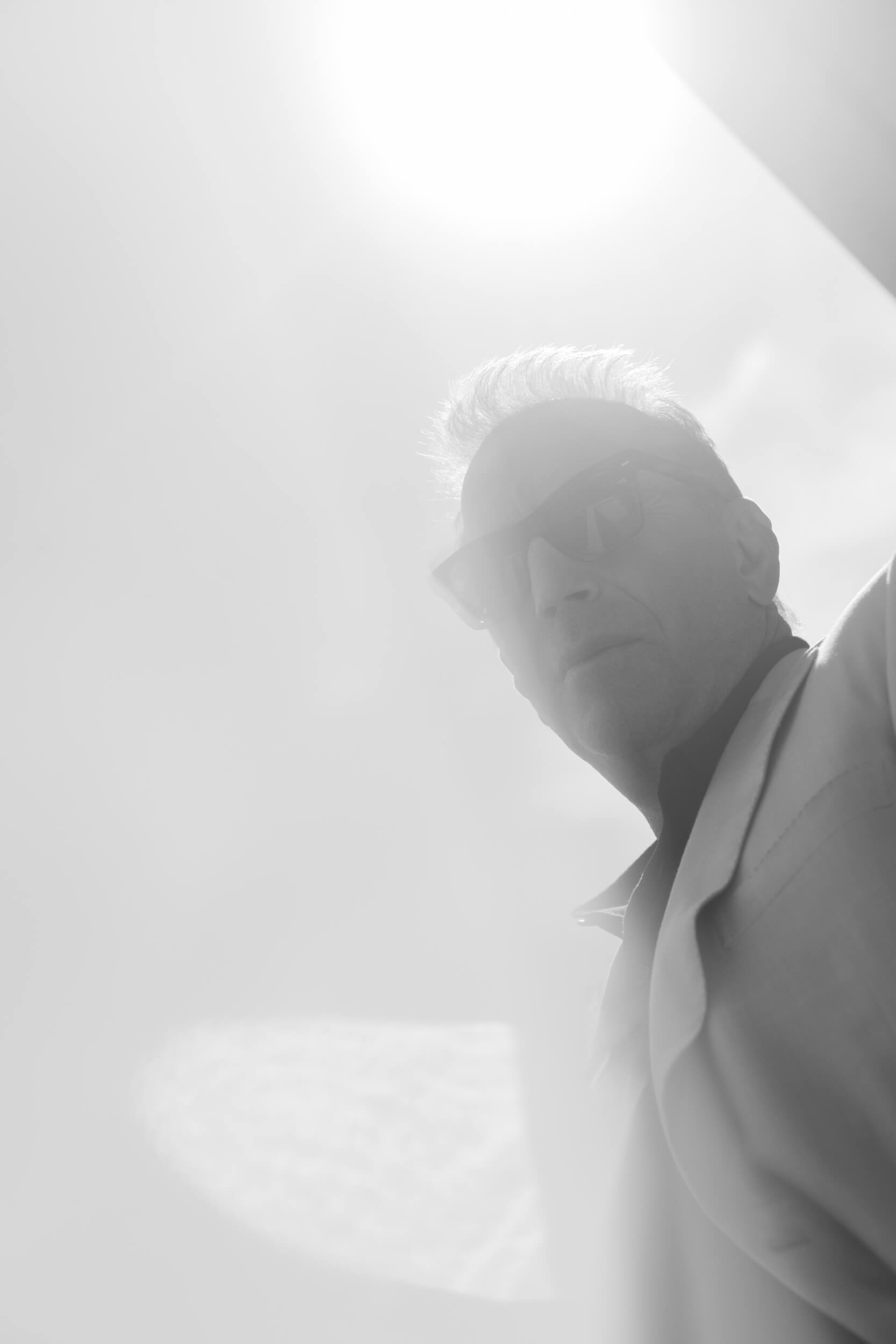
Photos by Johnny Carrano.

